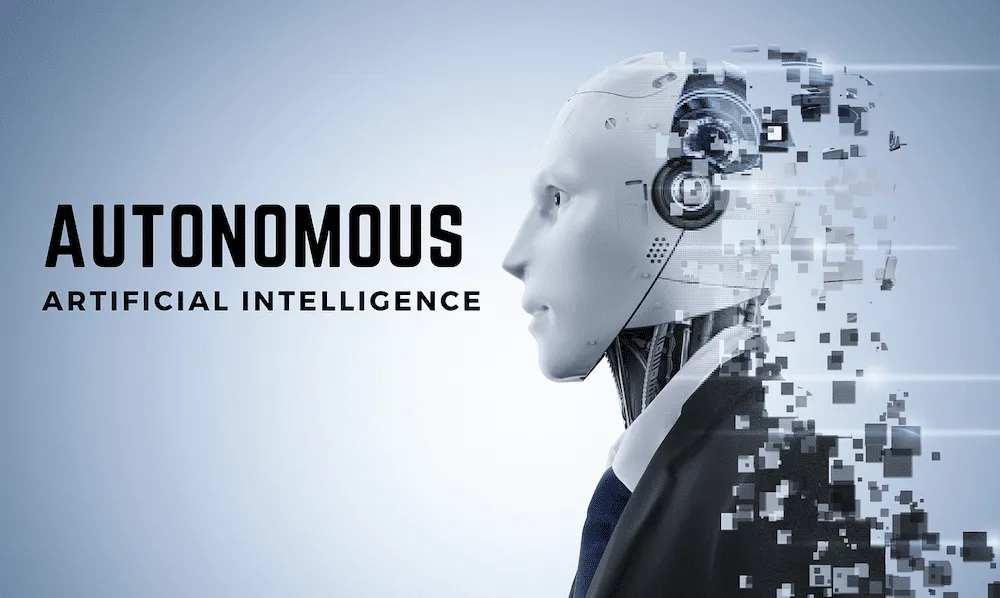
AI Agents are About to Transform Your Organization
AI Agents are About to Transform Your Organization
Work changes fast. But never like this.
We stand at the threshold of a fundamental shift in how organizations operate. Microsoft's latest Work Trend Index report signals a clear trajectory: within the next two to five years, companies will transform into what they're calling "Frontier Firms" – hybrid ecosystems where humans and autonomous AI agents collaborate to drive unprecedented agility and intelligence.
This isn't speculation. It's already happening. Over 80% of business leaders surveyed expect moderate to extensive integration of AI agents into their operations within just 12-18 months. The question isn't if organizations will adopt AI agents, but how quickly and how deeply they'll be integrated.
From Assistants to Colleagues
The evolution we're witnessing represents a quantum leap from the AI tools of yesterday. These new AI agents are evolving beyond simple assistants that execute discrete tasks into digital colleagues capable of deep reasoning and managing complex workflows.
Microsoft's Copilot Wave 2 exemplifies this shift. It introduces specialized agents like "Researcher" and "Analyst" designed to automate sophisticated research and analysis previously requiring significant human effort. Google parallels this development with expanded Gemini AI features in Workspace apps, automating everything from meeting scheduling to content summarization.
What makes this moment pivotal is how these agents are beginning to operate with increasing autonomy while maintaining human oversight. They're not replacing human workers – they're augmenting them in ways that fundamentally reshape organizational capabilities.
The Rise of Agent Bosses
As AI agents grow more sophisticated, a new professional role emerges: the agent boss. Humans will increasingly manage teams of AI agents, directing their efforts, evaluating their outputs, and integrating their work into broader organizational objectives.
This shift demands new skills. Effective agent bosses will need to understand AI capabilities and limitations, craft precise instructions, and develop frameworks for quality control. The ability to orchestrate human-AI collaboration will become a core competency for leaders at all levels.
Organizations that develop these capabilities early will gain significant advantages in speed, quality, and innovation potential. Those that don't risk falling behind as competitors harness increasingly powerful AI workforces.
The Human Element Remains Irreplaceable
Despite rapid AI advancement, Microsoft's research emphasizes that human creativity and leadership will remain essential. AI excels at pattern recognition, information processing, and executing well-defined tasks. But humans bring contextual understanding, ethical judgment, creative insight, and emotional intelligence that AI cannot replicate.
The most successful Frontier Firms will be those that thoughtfully integrate AI capabilities with human strengths. This means redesigning workflows, reimagining roles, and rebuilding organizational structures to maximize the unique contributions of both humans and AI.
Preparing for the Frontier
Organizations looking to thrive in this new landscape should focus on three key priorities:
First, invest in AI literacy across all levels. Everyone from executives to frontline workers needs a basic understanding of AI capabilities, limitations, and best practices for collaboration.
Second, experiment deliberately. Start with targeted AI agent deployments in areas with clear metrics and feedback loops. Learn what works, what doesn't, and how to effectively manage human-AI teams before scaling.
Third, reimagine organizational design. Traditional hierarchies and processes weren't built for human-AI collaboration. Forward-thinking companies will develop new structures that maximize the unique strengths of both.
The Frontier Awaits
The transition to Frontier Firms represents more than technological adoption. It signals a fundamental reimagining of how work gets done. Organizations that approach this shift strategically will unlock new levels of agility, innovation, and intelligence.
The future of work isn't humans versus AI. It's humans and AI together, creating possibilities neither could achieve alone. The organizations that master this collaboration will define the next era of business.
The frontier is approaching faster than most realize. The question is: will your organization be ready to cross it?
